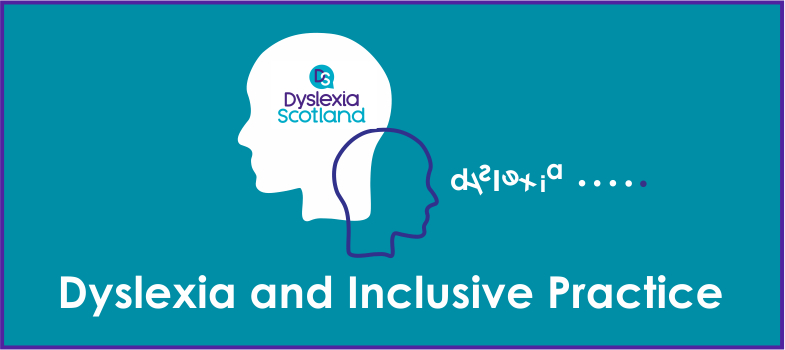Glossary
Special | A | B | C | D | E | F | G | H | I | J | K | L | M | N | O | P | Q | R | S | T | U | V | W | X | Y | Z | ALL
S |
|---|
School communityAll people involved in the school – staff, children and young people, volunteers, partners, local community police and third sectors organisations. | |
Sequencing and directionalityAbility to carry out a task in a particular order and understand the spatial direction e.g. orientation, left and right. | |
Short-term memoryAbility to hold, but not manipulate, a small amount of information for a short period of time. | |
SnapshotInformation gathered in a set moment in time. However, the information may not be a true reflection of a learner’s strengths and difficulties which are gathered over a period of time. | |
Spatial awarenessThe ability to be aware of oneself in space. It is an organised knowledge of objects in relation to oneself in that given space. Spatial awareness also involves understanding the relationship of these objects when there is a change of position. | |
Specific learning difficultyA term that is used to refer to a range of learning differences/difficulties such as dyslexia, dyspraxia ADD and ADHD. | |
Staged levels of interventionA process within the Scottish education system which helps identify, assess, plan, record and review the learning needs of children and young people. It aims to meet a child’s needs at the earliest opportunity and with the least intrusive level of intervention. The process involves the child, parents and carers, school staff and, at some levels, other professionals. All work in partnership to get it right for every child. | |
Standardised assessmentA test which is administered and marked in a consistent manner. Standardised scores and percentile rankings are usually provided. These tests often need to be purchased. | |
For further information, take a look at our frequently asked questions which may give you the support you need.
If you have any concerns about anything on this site please get in contact with us here.
